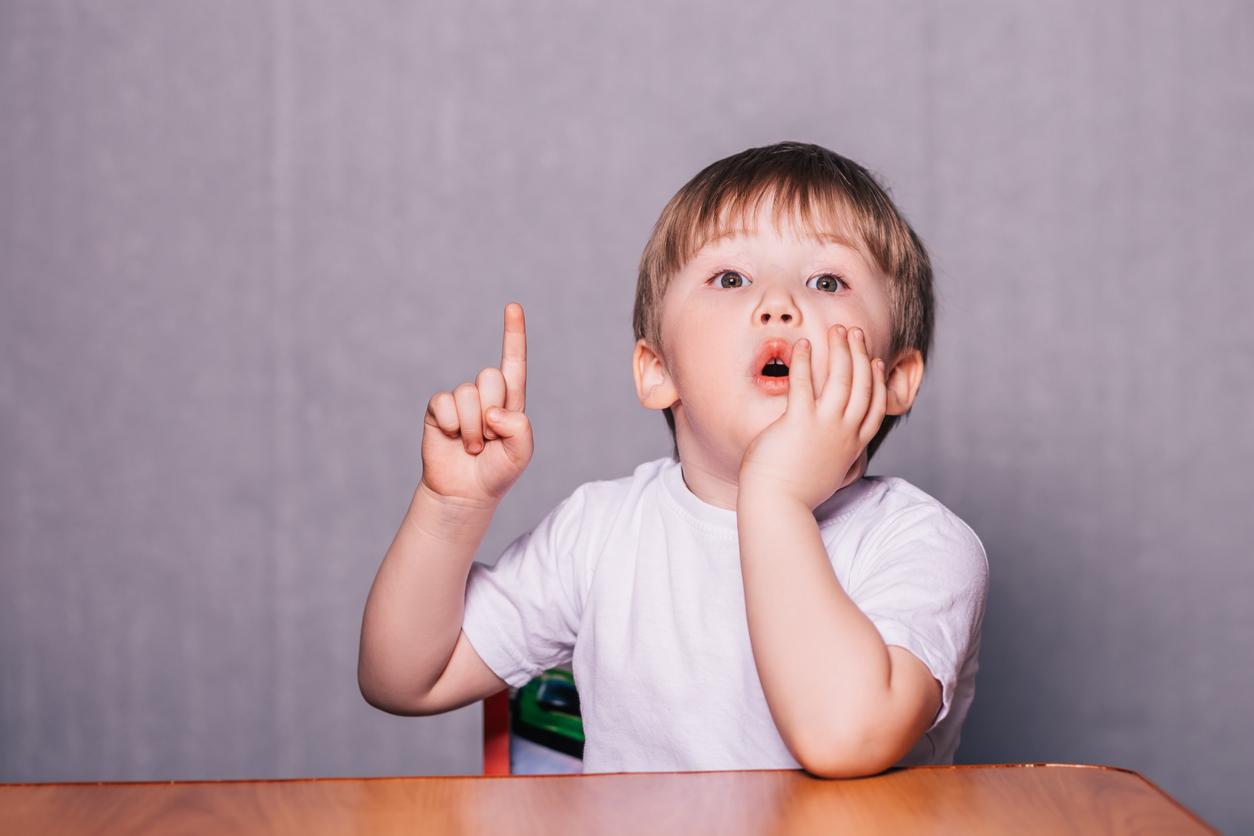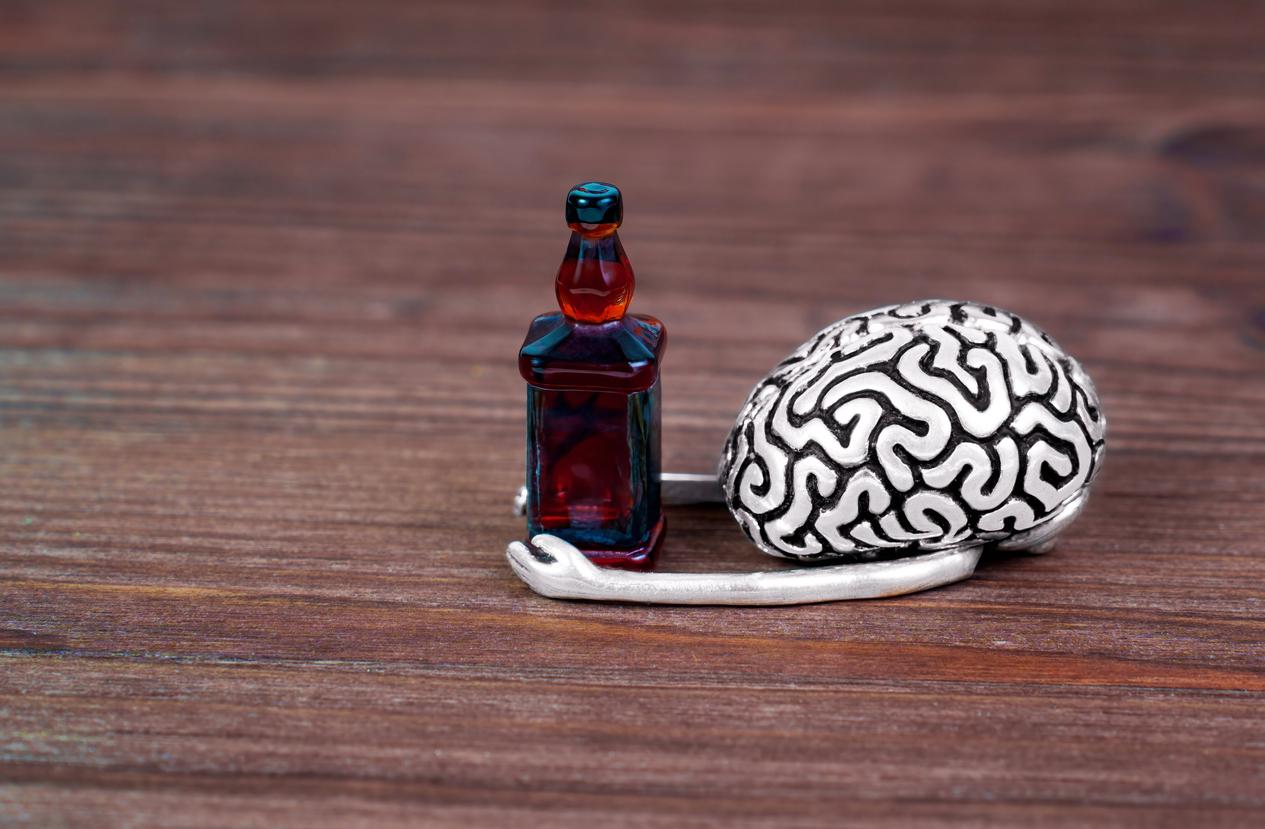Interactions with your baby would stimulate certain areas of your brain linked to language learning.

- Playing and talking with your baby are very important activities for learning language.
- American researchers monitored the brain activity of five-month-old infants during social and non-social interactions with the same adult.
- According to the study, natural parental language use has a real and measurable impact on a baby’s brain.
Language acquisition is an important stage in a child’s development. He usually starts talking around 12-16 months. A recent study published in Current Biology demonstrated that interactions between adults and children could stimulate language learning.
Social interactions with your child would promote language learning
Researchers from the Institute for Learning & Brain Sciences (I-LABS) at the University of Washington (United States) used magnetoencephalography, a non-invasive brain imaging technique, in babies aged five months. This technology allowed infants to move and interact naturally with adults as scientists observed neurons in multiple areas of their brains while the person talked to them, played with them, and smiled at them. The young children’s brain activity was then measured a second time when the adult turned away and no longer paid attention to them.
Babies’ brain activity particularly increased in regions responsible for attention when an adult talked and played with them. In the second so-called “non-social” scenario, the American team observed lower activity levels in the same areas of the brain when the adult turned away from them. “This is the first study to directly compare infants’ brain responses tosocial interaction adult-infant versus non-social interaction, then following children until age 2.5 years to see how early brain activation is linked to the child’s future language abilities.”said Alexis Bosseler, co-author of the study and researcher at I-LABS.
According to the authors of this work, the increase in neuronal activity in response to social interaction at five months would predict better language development at five later ages: 18, 21, 24, 27 and 30 months.
The beneficial effects of parental language on the baby’s brain
Secondly, the infants’ language development was monitored through a survey. Parents were notably questioned about the words and sentences spoken by their children at home. “The study shows that parents’ natural use of parental language, combined with smiles, touch and their warm reactions to baby’s actions, has a real and measurable impact on their brain. We believe that this parental behavior, that we call the “social whole” captures and holds infants’ attention and inspires them to learn at a critical time in their development.”concluded Patricia Kuhl, co-author of the study and co-director of I-LABS.















